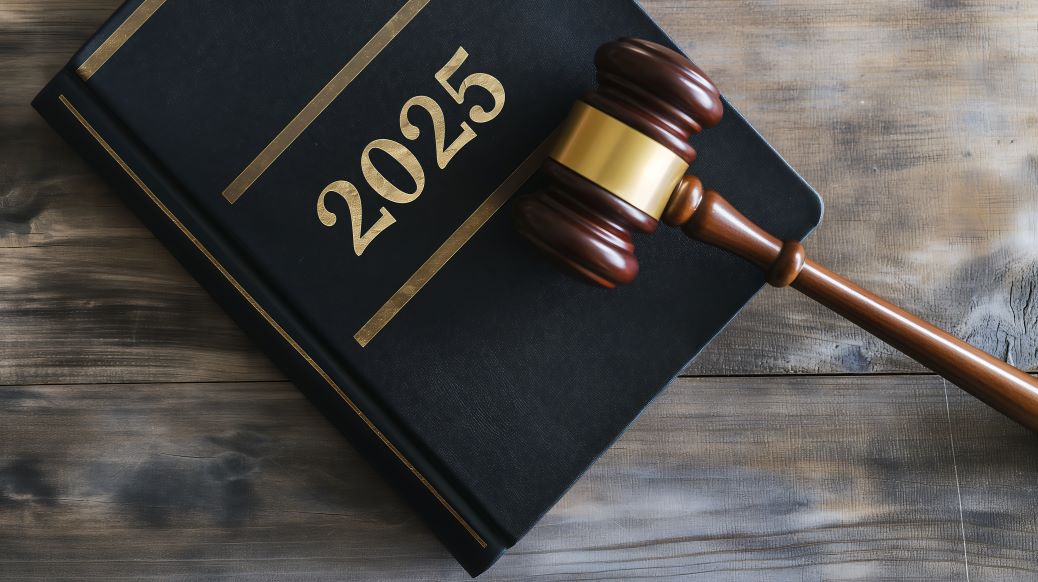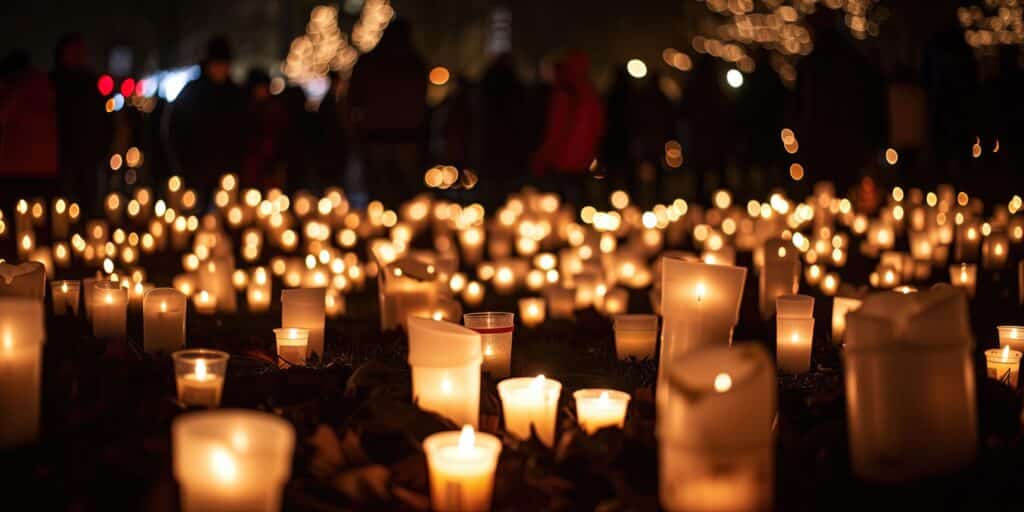Uber to Leave Colorado if Rideshare Safety Bill Passes
Rideshare services have become a staple of modern transportation, as the convenience of requesting a ride at the tap of a screen has replaced the hassle of driving, parking, or ...
Keep Reading
Wrongful death claims occur when a person’s death is caused by the negligent, reckless, or intentional actions of another party. These claims are legal avenues through which surviving family members or beneficiaries can seek compensation for the emotional and financial losses they suffer. Unlike criminal cases, which aim to punish the wrongdoer, wrongful death claims are civil in nature and focus on providing financial relief to the surviving family members. The Colorado wrongful death lawyers at Bowman Law prepared this article to provide an update on the new law.
A Colorado wrongful death arises from various circumstances, with some of the most common causes being car accidents, trucking accidents, medical malpractice, workplace accidents, defective products, and unsafe property conditions. Car accidents frequently occur in Colorado due to reckless or impaired driving, leading to devastating fatalities. Medical malpractice, including misdiagnoses, surgical errors, or improper treatment, is another major cause of wrongful death in Colorado. Workplace accidents, particularly in high-risk industries such as construction or mining, can also result in fatalities due to unsafe conditions or lack of proper precautions.
Defective products, such as unsafe machinery or consumer goods, often lead to tragic outcomes when manufacturers fail to ensure their safety. Similarly, premises liability cases, which involve unsafe property conditions, such as unmarked hazards or negligent security, can cause fatal injuries. Colorado wrongful death lawyers often assist families in navigating these complex claims to seek justice and compensation for their losses.
Under Colorado’s new wrongful death law, specific individuals are eligible to bring a wrongful death claim, depending on the time frame following the death. During the first year, the deceased person’s surviving spouse has the exclusive right to file a claim. In the second year, both the spouse and surviving children may bring a claim. If the deceased has no spouse or children, the deceased’s parents may file the claim. In some situations, a personal representative of the deceased’s estate may file a claim on behalf of the estate’s beneficiaries. The new law also added a sibling or the heirs of a sibling of the deceased as parties who may bring a wrongful death action in certain circumstances.
The new wrongful death law also provides clarity on the rights of claimants, ensuring claims are equitably distributed among those who are eligible. These changes make it even more important to consult a reputable Colorado wrongful death law firm to understand your rights and navigate the legal process effectively.
Being liable for someone’s death means an individual or entity is legally responsible for the actions or negligence that led to the death. To establish liability, the claimant must prove four key elements: duty of care, breach of duty, causation, and damages. For instance, if a driver violates traffic laws and causes a fatal accident, they may be liable for the victim’s death. Similarly, a doctor who fails to follow standard medical procedures may be liable if the patient passes away.
Liability can also extend to employers, manufacturers, or property owners who fail to uphold safety standards, leading to preventable deaths. Determining liability often requires an in-depth investigation and collection of evidence, which our wrongful death lawyers can provide substantial assistance with.
Liability in a wrongful death claim is determined through a detailed review of evidence. This can include police or accident reports that document the events leading up to the death, eyewitness testimony from individuals who observed the incident, and expert opinions from professionals like accident reconstruction specialists or medical experts. Additionally, photographic or video evidence, as well as medical records, may be critical in proving the negligence of the responsible party.
For example, in a case involving a fatal car accident, a police report showing the driver was intoxicated could establish liability. Expert analysis, such as reconstructing the accident scene, may further support the claim. Colorado wrongful death lawyers work diligently to compile and present this evidence to build a strong case for their clients.
Damages in a Colorado wrongful death claim aim to compensate surviving family members for both economic and non-economic losses. Economic damages include financial losses like funeral and burial expenses, medical bills incurred prior to the death, and the loss of the deceased’s income and benefits. Non-economic damages address the emotional and intangible impacts of the death, including pain and suffering, loss of companionship, care, and guidance.
In cases of egregious negligence or intentional misconduct, punitive damages may also be awarded to deter similar behavior in the future. These damages are especially significant in holding wrongdoers accountable for their actions. By consulting experienced wrongful death lawyers, families can ensure they pursue all available avenues for compensation.

The statute of limitations for filing a wrongful death claim is generally two years from the date of the death. However, there are exceptions to this rule. If the death was caused by a criminal act, the statute of limitations may be extended. The time limit for filing a claim may start when the cause of death is discovered rather than the date of death.
Given the time-sensitive nature of these claims, it is essential to act promptly. Colorado wrongful death lawyers can help ensure that all legal deadlines are met and that the claim is properly filed to avoid forfeiting the right to seek compensation.
Colorado’s new wrongful death law strengthens protections for families and clarifies the legal process for pursuing these claims. By working with our Colorado wrongful death lawyers, families can navigate these emotionally charged cases with confidence, ensuring justice is served and their loved ones are honored.
If you are considering filing a wrongful death claim in Colorado, it is a good idea to consult with a qualified and knowledgeable wrongful death attorneys. Wrongful death cases can be complicated, and the attorneys at Bowman Law can explain how the law might apply to your specific situation.
Contact Bowman Law for your free consultation. Our lawyers handle wrongful death claims and a wide range of personal injury cases, including Motor Vehicle Accidents, Bicycle Accidents, Pedestrian Accidents, Slip & Fall Accidents, and Dog Bites & Attacks. We serve the entire Colorado Front Range including Denver, Boulder, Colorado Springs, Fort Collins, as well as Arvada, Aurora, Broomfield, Commerce City, Lakewood, Littleton, Thornton, Westminster, Wheat Ridge.